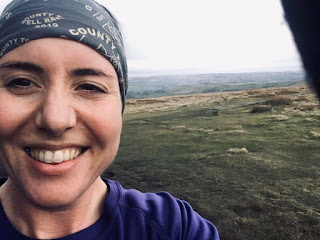Every moment matters: therapeutic relationships within inpatient CAMHS

The last six years of my career almost didn’t happen. A memory I’ve shared with many colleagues in our service is how I started in inpatient CAMHS as my final year training placement as a clinical psychologist. Although I had never worked on a ward before, I had enjoyed community working with adolescents and asked my supervisor, Jamie , if he knew of somewhere I could work with a similar cohort for my elective placement. He suggested getting in touch with Gordon at the Hope and Horizon Units at Pennine Care in Bury, which I duly did and I was then allocated the placement for a year. During my first few weeks, I used to walk to my car crying most days at the end of a shift. I felt de-skilled, under confident, distressed and out of my depth. The level of emotional pain in the system, the restriction, the seemingly chaotic nature of some of the processes, the unfamiliar guise of the psychologist role there all felt really destabilising. I confided in my course mates and said I was plan...





